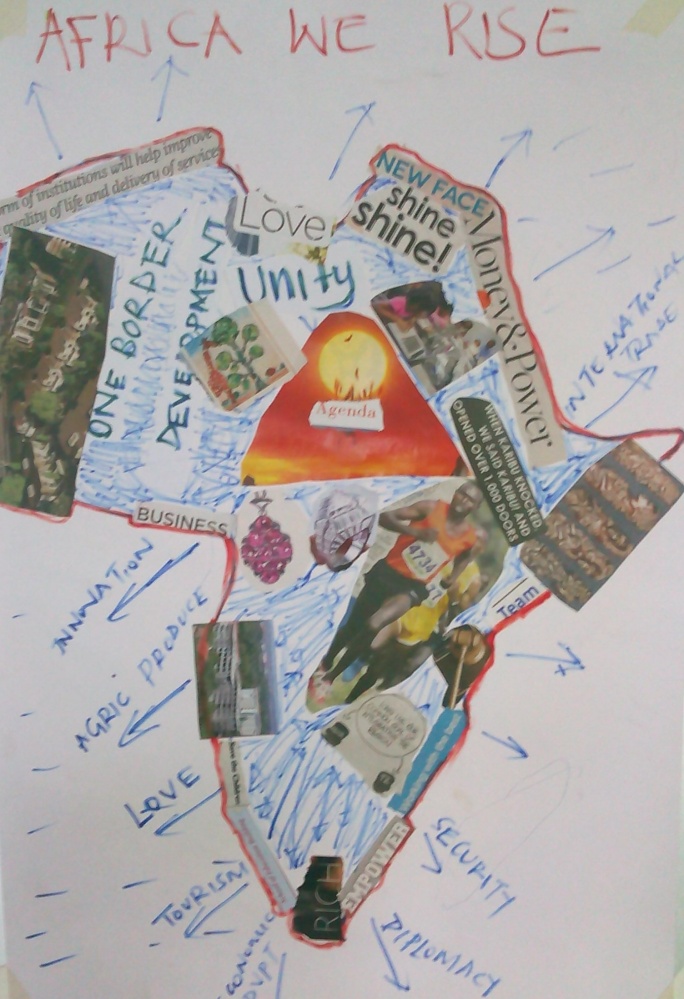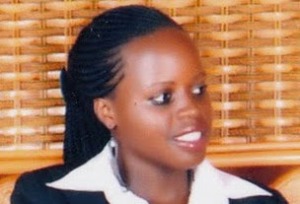On 27th May 2016, the YALI RLC Chapter of Uganda was delighted to meet the Omukama of the Royal Kingdom of Toro H.R.H. Oyo Nyimba Kabamba Iguru Rukidi IV in His beautiful palace in Fortportal. This magnificent visit came a day before the team held an event dubbed an evening with” with the youth of Toro at Daji Building on 28th May 2016, in which the youth of Fortportal interacted with their one and only Member of Parliament Hon. Alex Ruhunda.
Led by the Chairperson of the YALI RLC Chapter of Uganda Ms. Esther Namboka, the team comprised of Nabatte Proscovia, Penelope Katanagi, Sylvia Kakyo, Agnes Kemigisa and Dr. Eda Kakemba was humbly welcomed by the King and His Royal Entourage; the Prime Minister- RT. Hon. Bernard Tungwako together with the Deputy RT Hon. Steven Tinka at 4:30pm.
The historical visit to the Omukama was purposely to have a discussion on how the YALI Uganda Chapter can collaborate with Toro Kingdom to stimulate growth, enhance leadership and transformation skills among youth of Toro with the aim of contributing to societal transformation and national development.
Other issues discussed were;
• How the Chapter can mutually collaborate with the kingdom
• Present a brief account of the YALI and how the Toro youth can tap in some opportunities available at YALI
• Brief the king on Chapter’s event of an evening with and its desires to have more related activities with the Toro Kingdom and Fort portal at large.
• How some of Toro Youth Development Associations can be incorporated with the YALI Chapter activities to realize fruitful transformation in Fortportal region and Uganda at large.
According to the Chairperson of the YALI RLC Chapter of Uganda Ms. Esther Namboka, the chapter will be able to share transformative leadership and development skills and knowledge with the youth of Toro. Ms. Namboka said that with the changing global interest, there is a need for the youth to actively engage in different sectors of economy.
“The world is rotating and changing every day but the question is who will take over leadership for the next generation? It is high time we the youth leave our comfort zones and actively engage in activities that connect us and led us to economic and transformative development,” she said.
“As the youth leaders, we should exercise the action of integrity, honest, be creative, confident, self driven and courageous. We should be able to engage others in an ethical manner to generate a positive and lasting change. As the YALI RLC Chapter of Uganda, this is what we want to instill among our fellow youth of Toro,” she added.
Addressing the team, H.R.H King Oyo, was grateful to meet a young empowered team having an interest in engaging and influencing a positive change in the community. He commended the Kingdoms mutual relationship with the YALI RLC Chapter of Uganda saying that it will be of great importance for his youth to realize the need of active engagement in development.
The Omukama of Toro also said that the Kingdom of Toro has identified several development projects for the youth. He highlighted that the projects identified are culturally and economically interlinked with the well being of the people of Toro.
“We have embarked on elevating the cultural awareness among the people of Toro, increased economic, political and health awareness at the grassroots level. Encouraged the youth investments in agriculture so as to create employment opportunities and alleviate poverty. The kingdom has also engaged in revamping the tourism sector of the region and we hope to earn a lot from it,” he explained.
The team was honored when the king graced them with the Toro pet names such as Abwoli, Amooti, Atwoki, Akiiki among others. On the fateful day the team was also hosted on KRC radio where they sensitized youth on leadership transformation.
By Nabatte Proscovia






